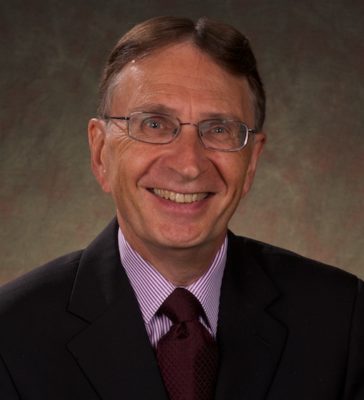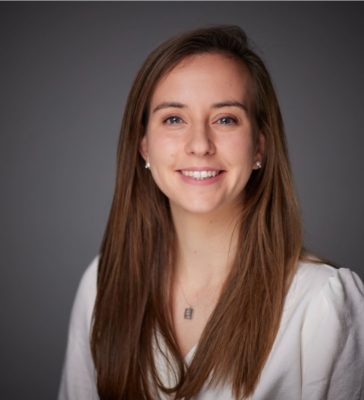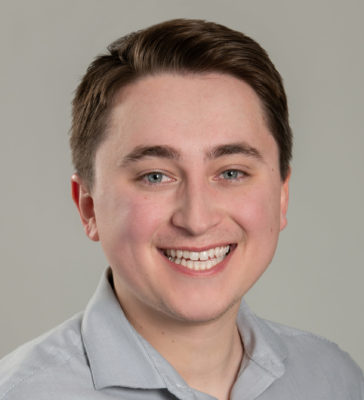
Anthony Patrick Russell
Current Employer/Organisation Name
Retired.
What have you been doing since leaving Exeter, and what are you doing now?
I completed his Bachelor’s degree at the University of Exeter (First Class Honours) and my PhD at the University of London. Immediately after the completion of my PhD I took up a short teaching appointment at the University of Botswana, Lesotho and Swaziland before beginning my work at the University of Calgary in August 1973, as an Instructor. I progressed through the ranks to the level of Full professor. I have authored over 300 peer-reviewed scientific articles, 19 chapters, and three books. .Over my career I supervised and mentored 40 graduate students. I received recognition for my contributions including the NSERC 25 Years of Excellence Award, the Alberta Foundation for Environmental Excellence Award, and the University of Calgary Distinguished Faculty Award, and have been inducted as a member of the Order of the University of Calgary, and as an Alberta Science and Technology Honoree. My field work has taken me to Australia, New Zealand, many islands in the Eastern Caribbean, Namibia, and, most recently, Trinidad and Tobago. I served for six years as Head of the Department of Biological Sciences, University of Calgary, and six years as Associate Dean (Students), Faculty of Science. Outside the University I served as President of the Canadian Society of Zoologists, and President of the International Society of Vertebrate Morphologists.
Why did you choose this career? And what do you enjoy most about your work?
I had always loved biology and was lucky enough to forge a very satisfying career as an academic. I greatly enjoyed teaching, at both the undergraduate and graduate levels, had a very productive research career (which still continues in retirement), and was very much involved at all levels of university governance, including serving on the Senate and the Board of Governors. I enjoyed all aspects of academic life.
What did you enjoy most about studying here?
The collegiality was great, and I found the academic staff of both departments to be engaging, encouraging and inspiring. My time at Exeter allowed me to think deeply about my future goals and directions (and to determine what I didn’t, as well as what I did, want to do). During my career I drew upon lessons learned from certain professors that taught me at Exeter, and used them as an inspiration to guide my own career development.
Why did you choose to study at Exeter?
This was rather a simple decision on my part — location and the fact that I would be allowed to take geology as a subsidiary subject (rather than chemistry), alongside my main subjects of botany and zoology. Part of my subsequent career involved research in palaeontology and being able to study geology at Exeter was a key part in my decision (other universities insisted that I study chemistry as a subsidiary.
What skills and experiences have been most useful for your career?
Good all round knowledge; building of confidence and curiosity; being able and encouraged to follow my own interests.
What advice would you give to a current student who wishes to pursue your career?
Be as good as you can be at what you do; know your limitations and learn how to compensate with your strengths; do what you have a deep passion for.
What are your plans for the future?
Continue my research in my retirement.

